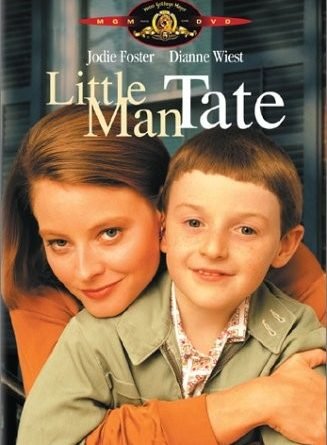Knowing Enough Is Something, Understanding What Is Right Is Everything Else
PG | 1h 39 min | Drama, Family | 1991
A sense of magic tinges most prodigies, yet Jodie Foster’s movie about a prodigy dwells on the mundane instead. How do parents, siblings, and friends relate to such children? How do such children relate to others? If they’re always made to feel abnormal, can they ever feel normal? If they behave adultlike at a tender age, can they ever enjoy childhood as the rest of us do?
The movie’s as much about the “little man” as it’s about the two women who care for him.
Working-class single-mother, Dede Tate (Jodie Foster, who also directs), raises her 7-year-old son, Fred (Adam Hann-Byrd), in loving awe of his superlative mathematical, reading, artistic, poetic, and musical abilities.
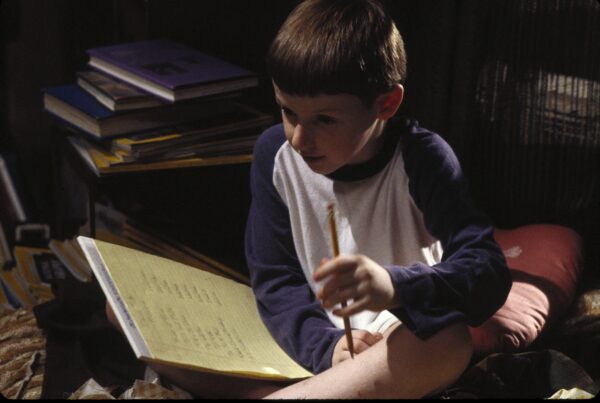
But Fred’s sunny aura casts a dark shadow, a kind of intimidating cordon around him, turning away potential playmates. That nagging ostracism leaves him lonely, moody. And with ulcers to show for it.
Anxious, Dede reluctantly puts him in a school for gifted or special children, run by upper-class Jane Grierson (Dianne Wiest), a former prodigy herself. Dede imagines that her supposed inadequacy as a mother won’t thwart specialists who may be able to nurse his mind better than she can. And Jane is desperate to kindle the cerebral flame she sees in Fred.
Far from resolving things, mother and son find that they must contend with social pressures that accompany his scholarly bearing, and must better accept themselves and each other, rather than society’s uninformed version of them.
The film is less about Fred’s prowess and more about his yearning for intimacy, acceptance, and joy among people who otherwise see him only as another prodigy, rather than also as Fred. It’s about how warmth will always elude relationships if people keep exaggerating differences while ignoring mutualities.
Without her knowing it, Dede excels at both. She’s compassionate with Fred’s weaknesses as much as she’s in thrall of his strengths. She cherishes his uniqueness, his clearly advanced mind, but treasures, with no less joy, the child in him who longs for normality: to be able to play without an obvious purpose, or have companionship without incessant commendation.
Little Man, Big Women
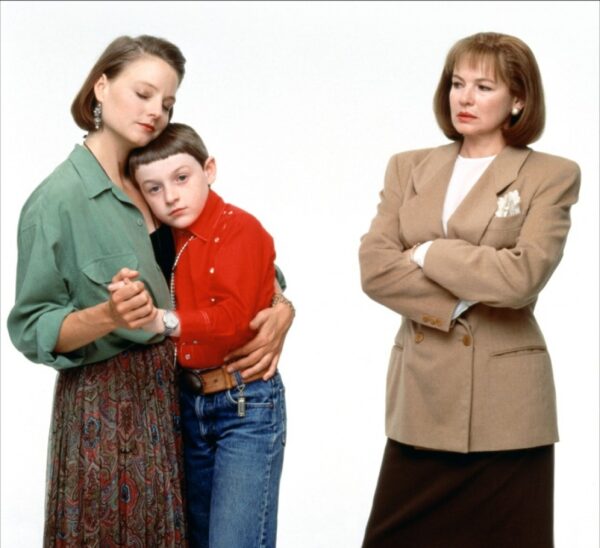
It’s where the two women characters, Dede and Jane, diverge.
Trouble is, Jane knows the “theory” behind bringing up children, but has no “practice,” not having had her own. She knows what they must eat to become healthy, what they must drink to stay healthy, but next to nothing of what makes them happy.
Jane’s so used to dishing out answers to a child that she’s unsure of questions to ask herself or a child when confronted with a child’s natural thirst for first-hand understanding and experience. She’s so used to perfection when she was growing that she can’t handle imperfection, in others or in herself, when it confronts her as a grown up.
Jane surrounds herself (and little Fred) with her idea of perfection: Obey all the rules, all the time. It’s easy, when you’re the one setting the rules. The first chance she gets, Jane reels out a list of rules and Fred’s responsibilities, earmarking what’s his and what’s hers.
For all her cognitive superiority and noble intent, Jane lacks Dede’s empathy, her common sense, her tact, her sensitivity, and her selflessness. Jane can’t remember what it’s like to be a child, gifted or not. Brittle as ever, she’s unable to adapt to new situations and guide Fred as he struggles to relate, even to other gifted children.
If anything, Fred’s fraught interactions with the other gifted children, only harden his resolve to mingle with normal children and adults as he tries to escape the stilted conversations and contrived activities that mark Jane’s school.
Raw and unrefined, Dede is unlike other prodigy parents who treat their children as trophies or extensions of their own egos, basking in bountiful, but unearned, limelight. Dede doesn’t treat Fred like some freakshow or traveling circus, commanding him to perform for friends and family, and showing displeasure if he balks.
The public may also pressure children to show how extraordinary they are, and Dede resists that for her son. Instead, Dede treats Fred as a person with distinctive likes, dislikes, fears, and dreams; a child who, like every other person on the planet, has good days and bad days.
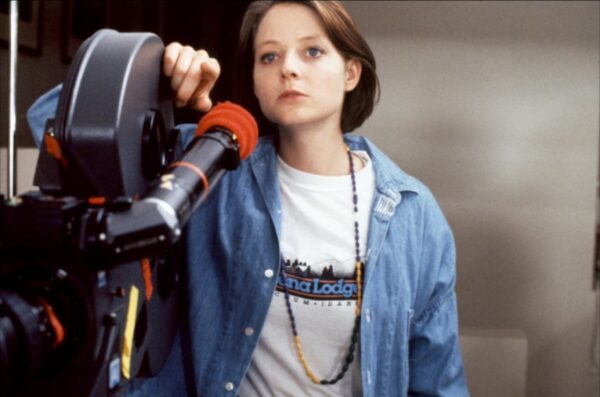
Foster dazzles as debutant director because she’s grown up on advertising, TV, or film sets since the age of 3. She’s convincing as a fretful mother because she’s grown up a prodigy herself. She brings sensitivity to her role and Adam’s. They’re so natural together, almost like real-life mother and son.
Foster’s lesson is also that superior knowledge, a surfeit of facts, by itself shouldn’t overawe as much as an understanding of what is right: an ability to make sense of things, with empathy rather than contempt. As Damon, a publicly contemptuous prodigy at Jane’s school, in a moment of rare self-reflection confides to Fred, “It’s not the size of a guy’s IQ that matters. It’s how he uses it.”
Being gifted is meaningless if you don’t know how to gift back.
Foster’s film is a touching invitation to revisit our responses to prodigies. Should we passively gather around them in a daze and dutifully clap because they can calculate the square root of pi without much tutoring? Or, while delighting in their amplified minds, must we actively urge them to grow even more amplified hearts? On reflection, not a bad way to bring a child up regardless, prodigy or not.
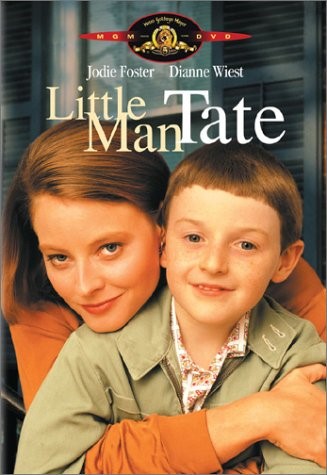
‘Little Man Tate’
Director: Jodie Foster
Starring: Adam Hann-Byrd, Jodie Foster, Dianne Wiest
MPAA Rating: PG
Running Time: 1 hour, 39 minutes
Release Date: Oct. 18, 1991
Rated: 4 stars out of 5

